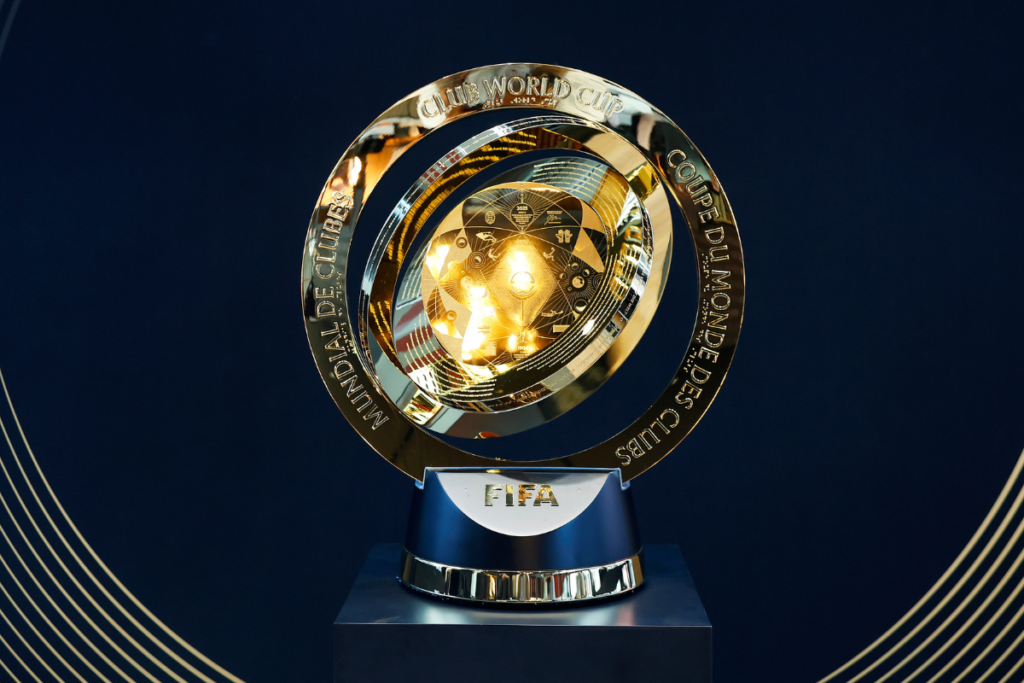The FIFA Club World Cup is a global tournament for top football clubs from all continents. This would give them the chance to be crowned the best club team in the world. Nevertheless, this competition does not engross every football fan. While some feel thrilled at world’s best clubs colliding, others put the competition down compared to the UEFA Champions League or even the FIFA World Cup. The article sets about explaining the reasons behind the divide in opinion. Let us address both the doubts presented by critics and the ardent support by enthusiasts.
Why Some Fans Ignore This Tournament
The Club World Cup feels like a secondary tournament to many football fans. One reason is the time it is held. It is usually held in December, which is a busy time for domestic league fixtures, so some fans and clubs just do not want to bother.

Another issue is that of the quality of competitors. European and South American fans might consider the Club World Cup more like a foregone conclusion because almost always the European team wins. UEFA teams and CONMEBOL teams have won most editions of the tournament. This portrays as if other continents’ clubs offer no real competition in these matches.
Now, some critics out there argue that this tournament struggles with its identity. The UEFA Champions League had decades of fierce competition. The FIFA World Cup resonates deeply with national pride and tradition. Unlike them, the Club World Cup feels pretty new on the block. It’s been around since 2000 – not having that emotional legacy yet. It’s still earning its stripes in the footballing world.
Club Pride vs. Country Loyalty
When it comes to loyalty, fans often find themselves caught in a bit of a tug-of-war between their club and their country. That loyalty undoubtedly influences how much love is shown for the Club World Cup. For many devoted club supporters, their hearts race for their domestic teams and the Champions League glory. However, they might regard the Club World Cup as an afterthought a prize below the main events.
Conversely, the FIFA World Cup ignites an undeniable national pride that links fans from diverse clubs. There’s that exhilarating feeling when your country takes to the international stage. This, for many, carries far more emotional weight than any club-focused tournament, no matter how global the competition might be. Plus, many fans enjoy the thrill of local rivalries and regular league play a lot more than a short tournament with teams they might not see until the next World Cup or Club World Cup.

Champions League vs. Club World Cup
Speaking of tournaments, it’s hard to overlook the UEFA Champions League, which many fans view as the apex of club football. Its rich history overflows with legendary teams battling it out in what feels like an epic saga across the footballing calendar. The Champions League captures our hearts and minds over months. The tournament leads to a nail-biting final that draws in millions of viewers. In contrast, the Club World Cup is like a quick-read novel – it packs less drama with fewer matches and a briefer tournament window.

Many fans have expressed that the Champions League requires a level of skill, endurance, and teamwork. They feel that it really showcases what high-stakes football is all about. The Club World Cup, with its format sometimes offering byes to the top teams, can come off as a less intense affair. Regular rivalries in the Champions League feel more engaging. They create a continuous storyline, which the Club World Cup just lacks. There’s a collective sentiment among hardcore fans that triumph in the Champions League is far more prestigious than taking home the Club World Cup trophy.
What FIFA Is Trying to Change
FIFA is aiming to spruce up the Club World Cup’s image. FIFA is fully aware that the tournament isn’t exactly showered with accolades from the fan base right now. To address this, FIFA has been suggesting some changes. They are looking to expand the tournament to include more teams and create a longer competition that fans might find exciting. The idea is to attract high-profile clubs from every corner of the globe, elevating the tournament’s status and allure.
By lengthening the competition, FIFA hopes to draw in greater interest from spectators and television networks alike. Plus, they want to promote the Club World Cup as the grand unifier of football. Almost like a true world championship where the crème de la crème from all continents go head-to-head. It’s all part of trying to invite fans to appreciate the global tapestry of football, stepping beyond their local loyalties.

Can the Tournament Win Over Everyone?
Yet, there’s no denying the uphill battle FIFA faces. Changing entrenched opinions takes time. Especially when the competition is viewed as merely another fixture in an already packed football calendar. Clubs often have to choose where to invest their energy. And usually they prioritize domestic leagues or the Champions League. This can lead to underwhelming team line-ups during the Club World Cup.

Despite that, a good number of fans cherish the Club World Cup for its unique offering. It provides an exciting glimpse of international club competition, something you might not get to see during standard seasons. In locales where local leagues lack the same firepower, this tournament offers a taste of world-class football. It serves as both a thrill for fans and motivation for budding young players.
Finding Its Place in Football’s Global Landscape
In the grand scheme of global football, the Club World Cup holds an unusual position. While it attempts to crown the best club in the world, it finds itself continually measuring itself against the towering legacies of the UEFA Champions League and the FIFA World Cup. Mixed emotions from fans emerge from varying traditions, competitiveness and the instinctive connections that accompany long-held tournaments.
Some may brush it off as just another minor competition, but many celebrate the chance to see global clubs face off. With FIFA’s plans for expansion and revamping the Club World Cup, perhaps its reputation will grow over time. Can it win over the hearts of all football fans? That’s still a question mark, but its role in the global football arena is definitely on solid ground.
